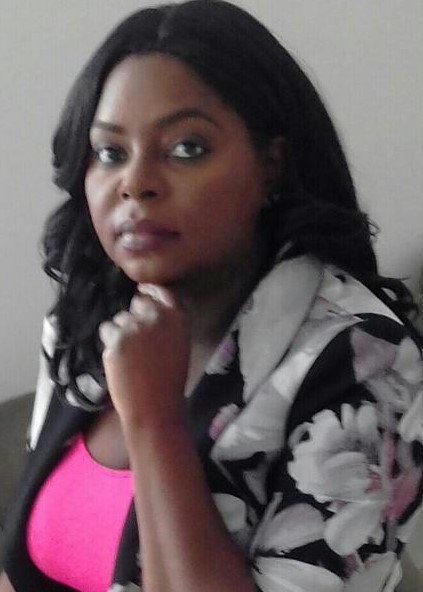NASSAU, BAHAMAS — Dr Patrice Juliet Pinder, a Bahamian STEM educator, has received two international recognitions for 2021. She has been identified by the American National Council for Black Studies as a “leading scholar” for her work in equity, social justice and the overall advancement of Black and African children in K–12 schools; and she has also been named to the 2021 list of the World’s Best Education Scientists.
For the first time, the AD Scientific Index List of World Scientists and Universities was released. The list includes eminent and highly influential scientists from across the globe (African Media Agency, 2021).
Featured on this list were scientists who are affiliated with universities and who are actively involved in ongoing research and publishing papers in their respective fields of expertise. The list captures a five-year snapshot, 2016 to 2021, of each scientist’s research output.
Pinder was among the scientists earning a spot as one of the “Best Education Scientists in the World”, earning two #1 gold medal standings as “Best Education Scientist” for Top World Rank Ton Duc Thang University, ranked within the top 1.5 percent of universities worldwide.
She also earned top #5 and #6 spots as one of the “Best Education Scientists” for the country of Vietnam; placed among the top 810 “Best Education Scientists” in the entire continent of Asia, earning a #809 spot; and she earned a spot among the top 6,000 “Best Education Scientists in the world”, placing at #5939.
Pinder was one of 51 scientists from Ton Duc Thang University to appear on this prestigious list of world scientists. She was the only Black female researcher and one of a few non-Asians to appear on the list for Ton Duc Thang University.
Pinder was able to achieve these feats in spite of “severe challenges”. First, unlike most of her peers who appear on this list and who receive major research funding, Pinder receives no money to specifically fund her ongoing research projects and for publishing costs. Second, Pinder is presently physically based here in The Bahamas, where there is very little ongoing research activities, especially in education. This forced Pinder to consistently reach out to partner with other universities outside of The Bahamas, and she found a very receptive environment in the highly research competitive Asian academic market.
Pinder stated: “At first, I felt weird, like ‘a fish out of water’, particularly considering I am a Black female researcher from The Bahamas, and having to navigate like this to achieve research success, it seemed strange at first, but it was worth it
“…I am happy it worked out. I thank God for his favor.”
Now the world has a gold standard list of research scientists to go by — a list that institutional leaders around the world might use to seek out and recruit world-class experts like Pinder and in return, their institutional status and world ranking can soar upwards.






